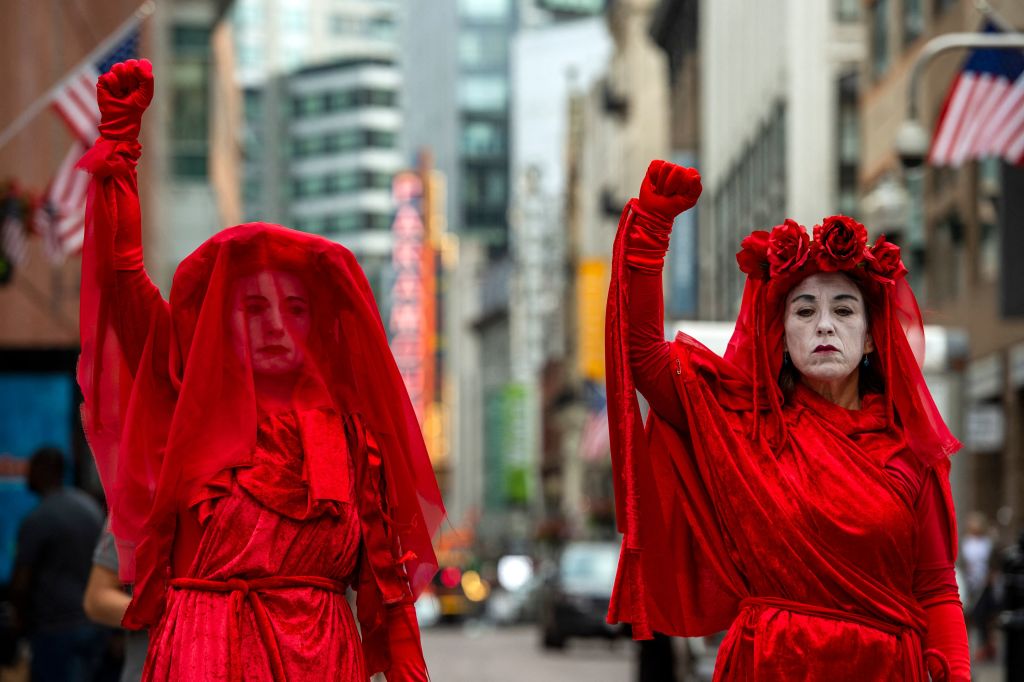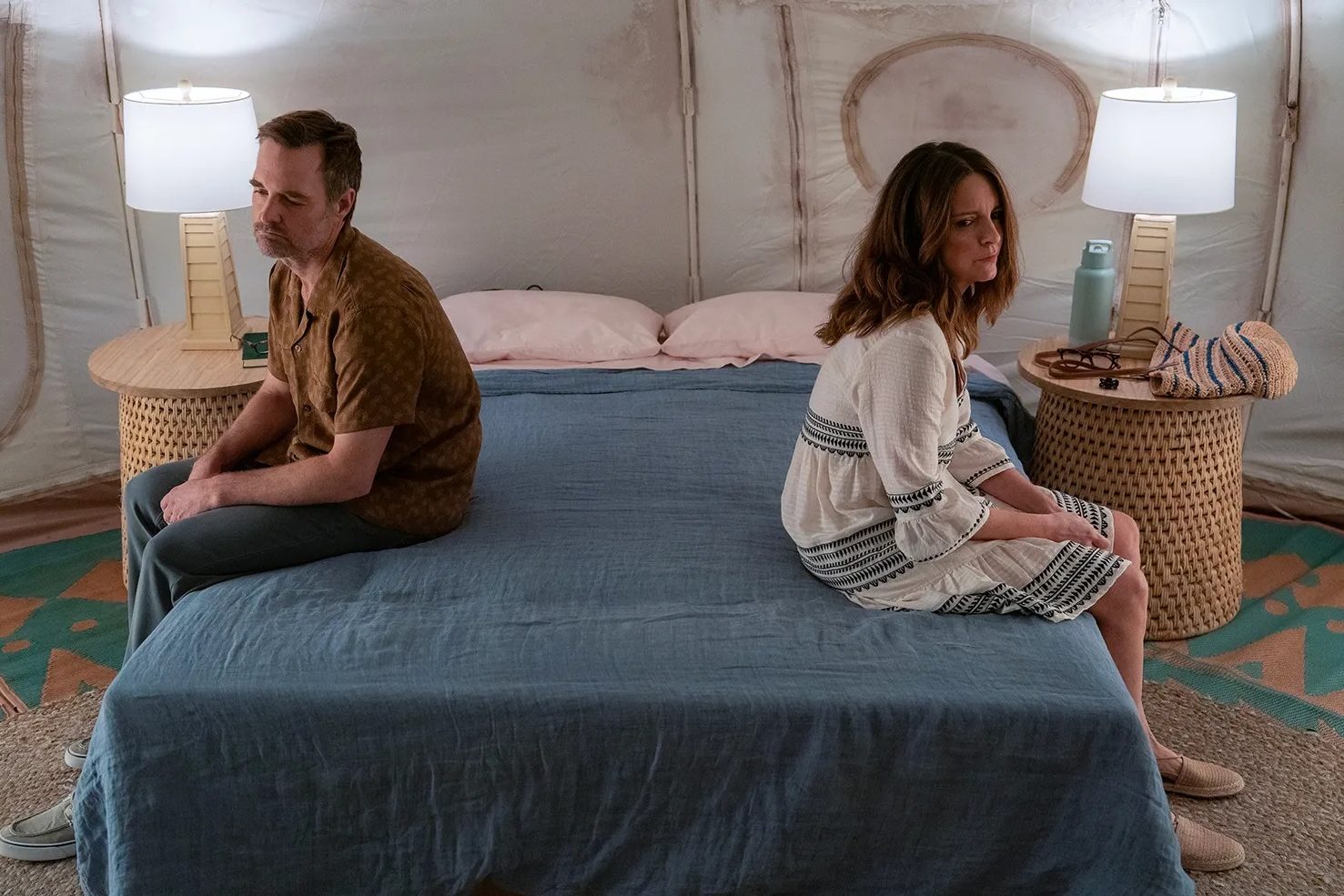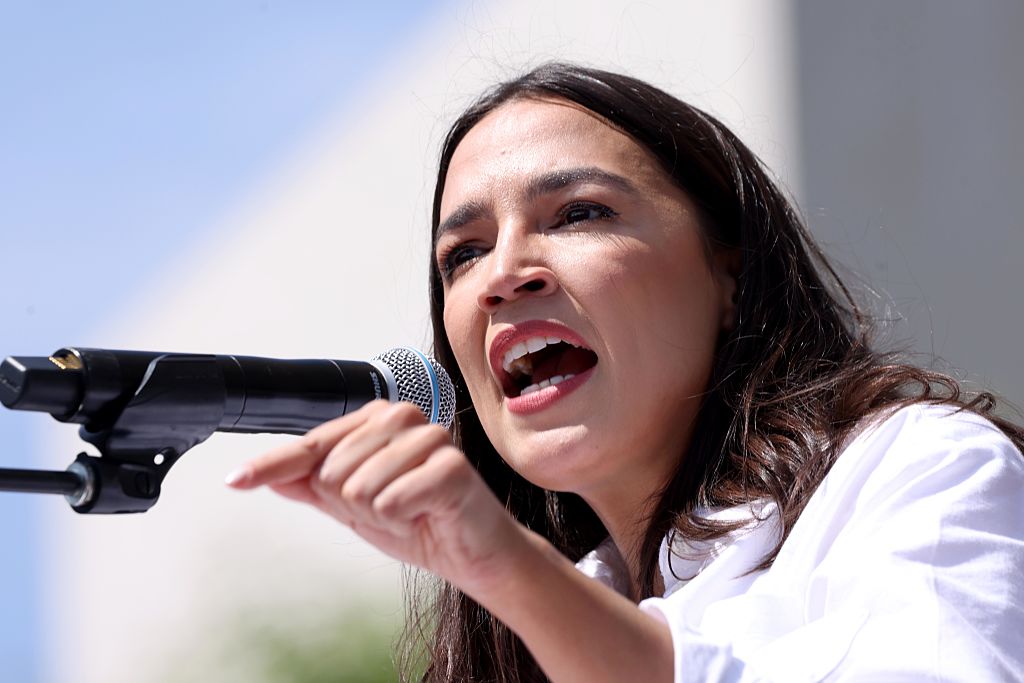I’ve been fed two competing storylines for as long as I can remember. On one side, the world I’ve inherited is a tinderbox just waiting to erupt in flames. If I’m not the one engulfed, then surely my children or my grandchildren will be. And on the other side… crickets.
The conversation around climate change has no spectrum. It’s just a bimodal screaming match luring young people into either skipping along into the sunset in blissful ignorance or slowly sliding into the fiery pits of hell in nihilistic resignation.
Through young eyes, the dominant message from the right amounts to: your ecological inheritance is diddly-squat to us. They know sustainability isn’t going to muster votes out of their base, so most politicians have defaulted to complete resignation on the issue — if not scoffing and sneering at heartfelt concern.
But, as more of Gen Z comes of voting age, young Republicans will be turning the heat up on party leadership. Unlike their older counterparts, only 18 percent deny mankind’s role in climate change. And, as the inheritors of the planet with more years to spend on it, they’re keen on action. The future of the GOP very well may be contingent upon acknowledging these concerns.
But what does the other side of the aisle have to offer young people? The vision of their unborn grandchildren being engulfed in flames.
Many of the doomsayers contend we’re past the point of no return: humanity’s future is already written in stone — and our progeny is doomed to drown in rising tides and/or slowly suffocate on their filet mignon’s farts. Meanwhile, leaders jet around on private planes to accept climate activism awards, betraying any confidence in their sincerity.
The more reserved doomsayers led by AOC warned “the world is going to end” in twelve years, spurring widespread panic in 2019. And how has that worked out? Well, we’re already three years into our twelve, and we’re no closer to any solutions. This alarmism is not relieving our gridlock.
That 2030 expiry date on our planetary future, while catastrophically catchy, has since been thoroughly rebuked by the IPCC, the very source from which the statistic was pulled. Authors of the report in question have personally begged for this rhetoric’s retirement, asserting, “The panel did not say we have twelve years left to save the world,” and pleading, “Please stop saying something globally bad is going to happen in 2030.”
We’re on a slippery slope, they say, but its endpoint is not so clearly defined. Will we all just shrug and admit defeat at the end of this decade?
I do not point this out as a so-called “climate denier”. It’s obvious to me that our ecological trajectory is unsustainable, especially with a growing global population. I’m planning to eke out another seventy years of life if all goes well — and I’m certainly dedicated to leaving a healthy world behind for my descendants.
Rather, I say this as someone who has watched this doomsday trope quash out my generation’s spark. While this rhetoric might be effective in shaking boomers out of their complacency, it is disenfranchising the young.
For a generation that purportedly requires trigger warnings for the use of the word “mankind,” we’ve been relentlessly fed a steady dose of guaranteed demise. We’re told the boomers have dined and dashed — and now we’re the ones being handed the ecological bill and a pre-written obituary. The message: tough luck, kid.
Maybe we’ll unplug a few devices on Earth Day or wave some platitude on a poster at a protest, but that’s all fleeting. For the vast majority of my generation, our overwhelming response to our planetary prognosis has been nihilism and paralysis sprinkled with performative, half-assed activism here and there. What’s there really to do if the planet is set to spontaneously combust anyways?
We’ve been raised in a world where we must accept certain death or hold out faith that Congress is going to sort this all out by our 2030 deadline. In a bifurcated world of alarm bells and horse blinders, where’s the pragmatism? It’s naive to suggest we can burn the whole system to the ground in the name of stopping forest fires. We won’t solve climate change in one fell swoop, or in one Green New Deal.
The free market is a powerful force, and there’s sure to be some low hanging fruit to get the ball rolling: appreciating nuclear power’s potential, doling out tax incentives responsibly and pressing China for ecological accountability on the international stage. But, most important of all: getting some fresh, young eyes on the problem and inspiring them to innovate. That’s why the rhetoric around climate change must change.
Our looming crisis needs to be reframed as a societal mission and a challenge, not a done deal. We must stop telling Gen Z that their future has been determined before they get a chance to take action. And we must do it for the sake of the kid born in 2015 with the potential to change the world. Right now, she’s being told it’ll be too late to make a difference by the time she finishes her freshman year of high school.
If there’s one thing history has taught us, it’s that we have to look to young people in moments that require the most radical innovation.
In the face of our last apocalyptic threat, the United States quite literally trapped college students and recent graduates in the middle of nowhere until they developed nuclear weaponry. The average age of a Manhattan Project scientist was twenty-five, and yet they succeeded in making perhaps the most consequential scientific breakthrough in human history.
So, by God, we need to stop robbing the young of agency over the problem they’ve inherited. They should be informed, they should be concerned, but they certainly should not be paralyzed.
So I reject the words of Greta Thunberg, the unelected leader of our generational climate activism, who declared to the world, “I don’t want you to be hopeful, I want you to panic.” It’s an assertion I couldn’t disagree with more. Guaranteed doom has never yielded innovation. Even in the face of imminent danger, the glimmer of hope is what drives us forward.
A hopeless young makes for a hopeless future.

























